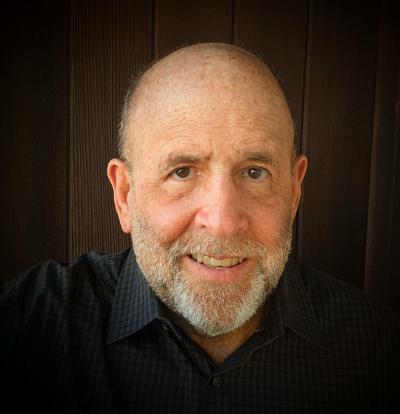Andrew Malekoff
In her recently released memoir “Enough,” Cassidy Hutchinson referred to her grandmother as “a paragon of resilience and grace.” She encouraged me “to search for miracles in the overlooked corners of the world,” Cassidy recalled.
Cassidy served as assistant to ex-President Trump’s chief-of-staff Mark Meadows. As she came to her final days working in the White House, she found a miracle close to home.
“My grandmother promised that if I learned to be curious and attentive, I could help others see what’s often overlooked,” and that “a single act of courage can reach beyond one’s imagination.”
As far as I know, Cassidy’s grandmother was not a trained mental health practitioner. Even so, her advice to her granddaughter rings of a counseling intervention known as the “miracle question.” When a counselor asks a client the miracle question, they build a good story line leading one to imagine how different their life might be if the miracle happens overnight.
The storyline for Cassidy, to quote Superman, was to find her way back to “truth, justice, and the American way.”
Cassidy’s story is about a young woman rediscovering her core values amid the morass of duplicity, chaos, and corruption that enveloped the Trump White House, buttressed by a multitude of illegal schemes to thwart the peaceful transfer of power and overturn the outcome of a free and fair election.
Looking back at her decision to testify at the bipartisan Jan. 6 Committee and tell the whole truth and nothing but the truth without invoking the Fifth Amendment, Cassidy stands out as one of the more courageous actors of the hearings. At the same time, seasoned legislators and government officials remained bystanders, fearful of losing personal protection and political advantage.
Cassidy is one of the few who has stood above the malevolent gargoyles keeping watch, but doing nothing to protect the Constitution and the Americans they vowed under oath to safeguard.
In coming to her decision to fully testify, Cassidy searched her childhood past to better understand the origins of her passion for politics, public service, and the American way – democracy.
Emotions were unwelcome in the Trump White House,” Cassidy noted. “It was imperative to turn them off as a means to survive.” She found, though, that she had to turn her emotions back on in order to find her way back home.
Fast forward to her final days in the White House, Cassidy came to the realization that her behavior and beliefs did not match up. Cognitive dissonance set in and she struggled with how to reconcile the discrepancy between what she valued and how she was living her life.
She struggled mightily until she met two people who were key to her finding her miracle. Republican Senator Liz Cheney and Alexander Butterfield, former deputy assistant to President Richard Nixon, encouraged and inspired her.
Fifty years ago, Alex Butterfield revealed during the Watergate hearings of the existence of an audio recording system in the Nixon White House. When Cassidy first learned about Butterfield, he was still kicking at 97-years-old.
They connected through mutual acquaintances and soon discovered that they were kindred spirits despite an age gap of 70 years.
After testifying, Cassidy downplayed people’s admiration and deep gratitude for her forthrightness: “I did my civic duty. I felt more like an American and didn’t require or deserve any more than a “thank you for your testimony.”
Cassidy is an American hero.
Where are the others?
Hiding in plain sight.
Eyes wide shut.

